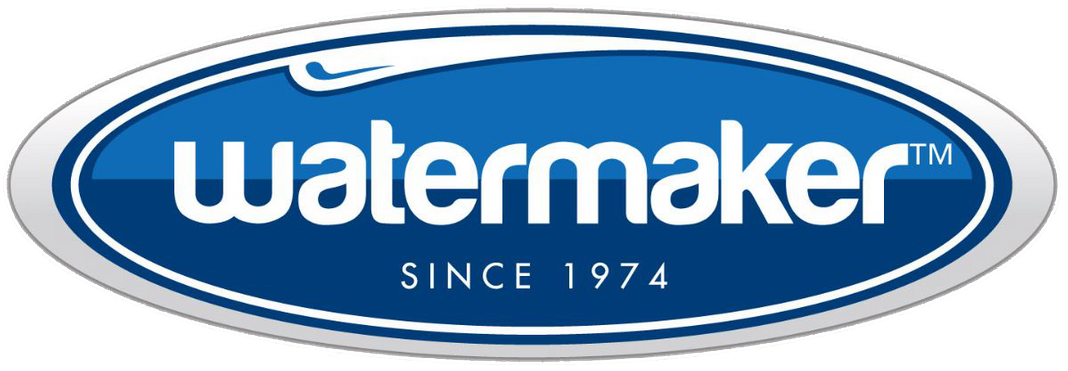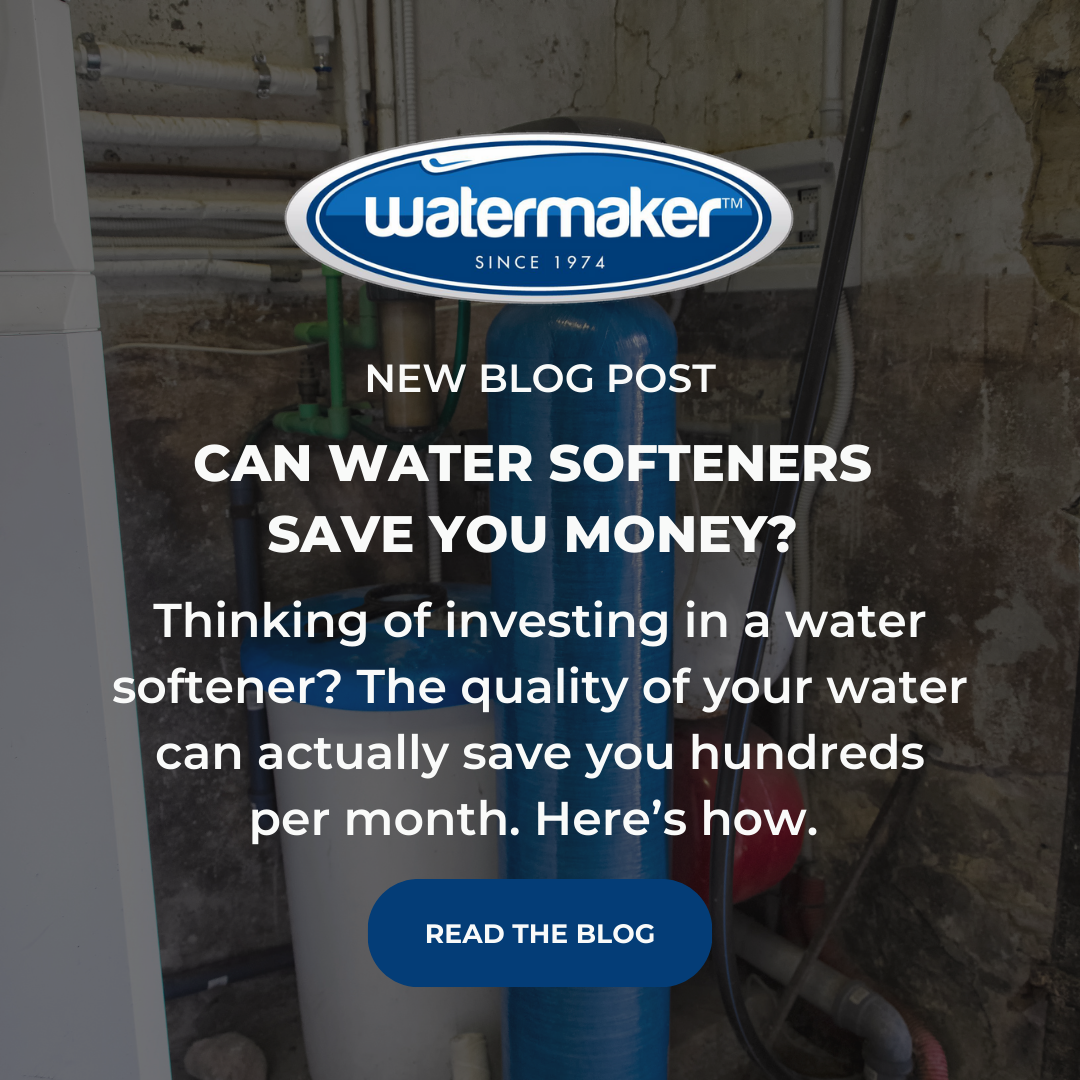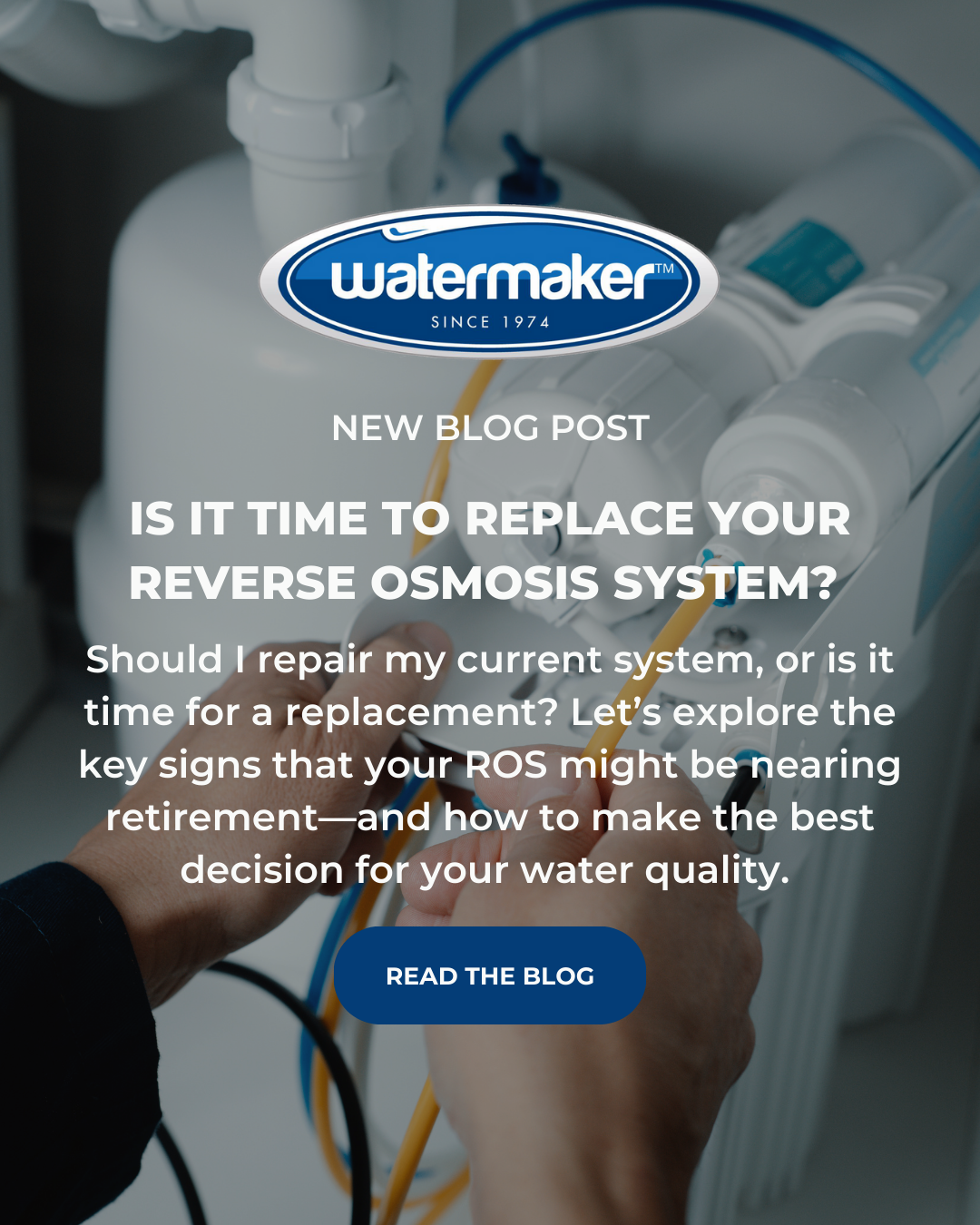Can using water softeners save you money?
If you’re noticing discoloration or stains on your shower or tub, sinks, clothing, and glassware, if your skin and hair feel drier than usual, or if it takes longer to clean or wash something, this could be a sign that you may have hard water and could benefit from installing a water softener.
Hard water is a very common problem in Canada. It contains high levels of dissolved minerals, primarily calcium and magnesium, which the water picks up as it moves through soil and rock.
Soft water is considered to be 0-3 grains per gallon. Very hard water is 4+ grains per gallon. Orangeville water is a shocking 17 grains per gallon!
The Costs of Hard Water
It may not be obvious, but your water’s quality can cost you more in the long run.
If you have hard water, the increased mineral build-up can cause multiple problems, including:
- Reduced life of your equipment, like washing machines and dishwashers
- Higher electricity costs due to poor efficiency of electric water heaters
- Clogged pipes due to scale build-up
- Damage to laundry and linens, leading to frequent replacements
- Increased use of soaps and cleaners
- Skin and hair damage
How Do Water Softeners Help?
Water softeners use a tank with resin beads to treat hard water by removing or neutralizing the calcium and magnesium ions, making your water ‘softer.’
Soft water makes cleaning easier, is better for your skin and hair, makes your laundry feel softer and fluffier, and ultimately protects your appliances.
Investing in a water softener is worth it for all of these reasons.
What Are The Costs Associated With Water Softeners?
The costs of installing a water softener can vary widely based on several factors. Watermaker offers financing options to help meet your budget, so if you are exploring the costs of a water softener don’t hesitate to call us or come in for a chat.
To help you determine how much to budget, here is a breakdown of the potential costs associated with installing and maintaining a water softener:
- Cost of the Unit – This depends largely on which model you would like to install, and whether you’re looking for a simple, basic unit or a high-end unit that offers more advanced features, such as WiFi enabled technology that allows smartphone monitoring, like our Ecowater Systems ERR 3700.
- Installation Costs
If you’re uncomfortable with the DIY method, you must hire a professional HVAC installer. Working with a trained professional has many benefits, as it ensures proper setup, warranty coverage, and compliance with building codes. When installing a new machine, you may need to budget for plumbing modifications or purchasing additional equipment, like bypass valves or sediment filters.
- Maintenance Costs:
Because water softeners require salt, you’ll need to factor in the cost of salt bags. You should check your salt levels at least once a month and top up as necessary so that the machine will operate at peak performance. Depending on your unit’s size and water usage, you may need to refill the salt once a month or once every two months.
Overall, the costs associated with installing a water softener outweigh the costs of living with potentially damaging levels of hard water. It’s an investment in the health of your body and your home. You’ll also notice the savings in terms of energy efficiency.
Deciding on a Water Softener
Before you decide on a water softener, the first step is to bring a water sample to Watermaker to determine the hardness level in your water. Hardness levels vary depending on your geographic location. A water test is the best way to know what’s really in your water.
Water Softeners from Watermaker
Watermaker is proud to carry many water softener models to give our customers a range of choices. If you’re in Orangeville, Fergus, or surrounding areas, stop into one of our two locations and let us show you how water softeners can save you money in the long run, and improve the quality of you water.
Watermaker, Better Water, Better Life



